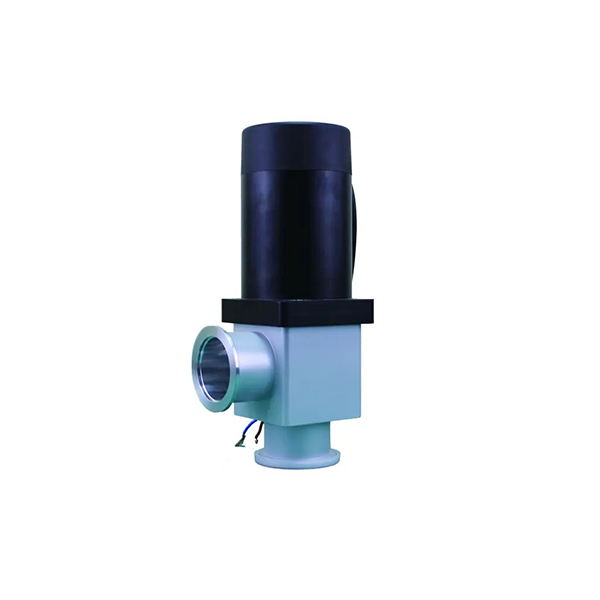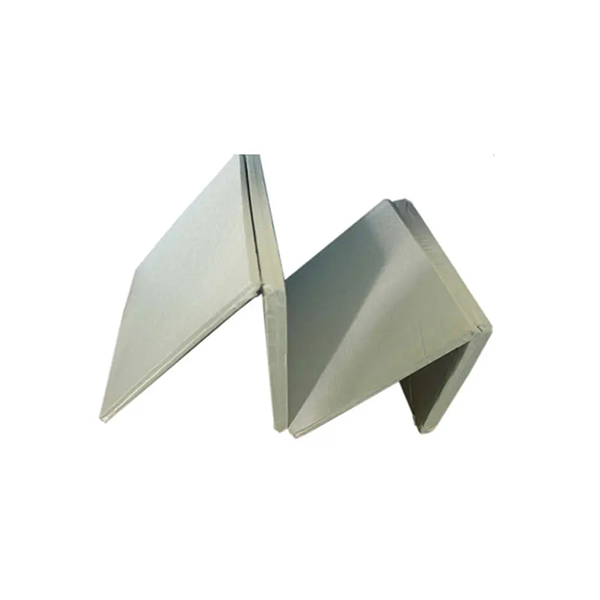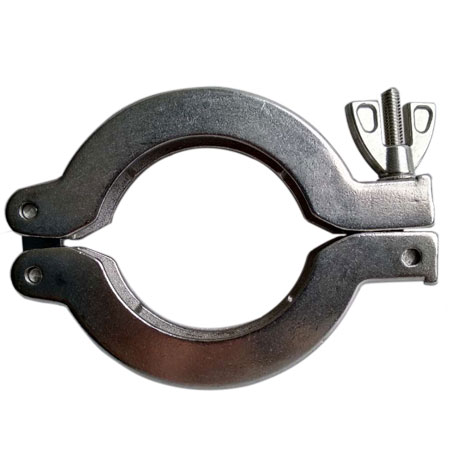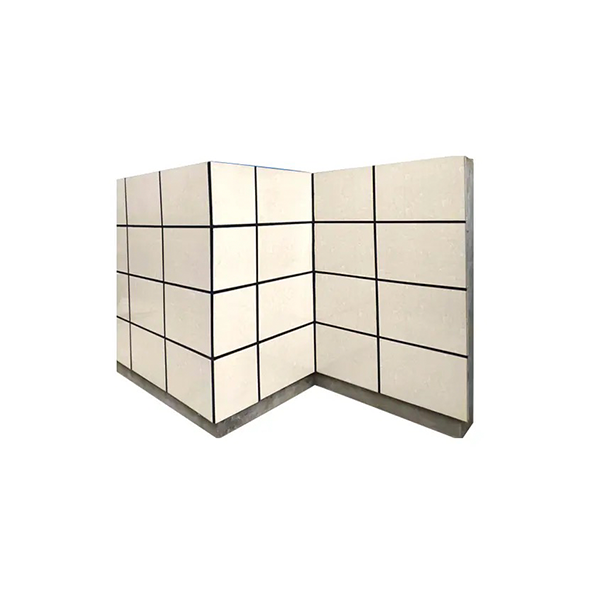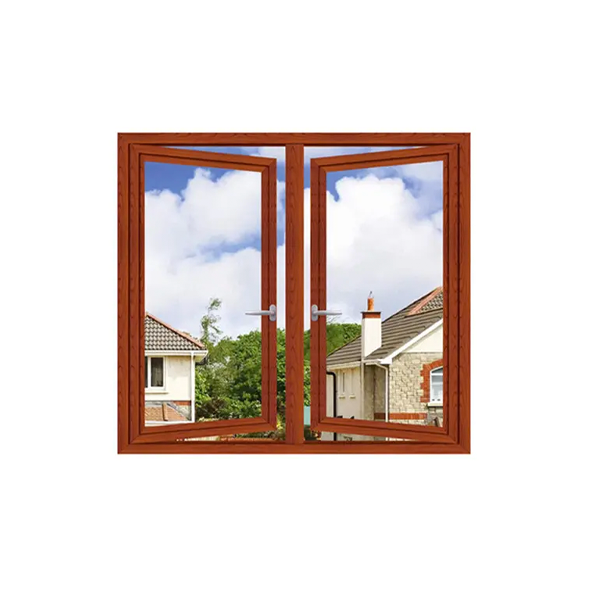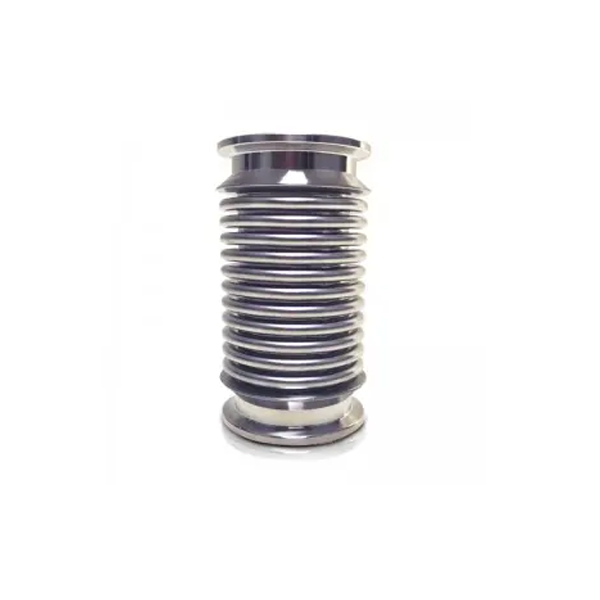Uhv - Ultra low energy building – Super Q
Uhv - Ultra low energy building – Super Q Detail:
Passive house-a house that can breathe
Five Characteristics of Passive House-”Five Constants”
Constant temperature: keep the indoor temperature at 20℃~26℃
Constant oxygen: indoor carbon dioxide content ≤1000ppm
Constant humidity: indoor relative humidity is 40%~60%
Hengjie: 1.0um purification efficiency> 70%, PM2.5 content averages 31um/m3, VOC is in good condition
Constant and quiet: the noise decibels of the function room, living room and bedroom ≤30dB
Seven technical systems
Thermal insulation system: The Class A fire-resistant vacuum insulation panel developed and produced by ZeroLingHao has super high thermal insulation performance, which blocks the heat exchange between internal and external, improves the thermal insulation and thermal insulation performance of the external protection system, and keeps the indoor temperature constant and greatly reduces Building energy consumption.
Efficient heat exchange system: Energy-saving door and window profiles adopt new composite materials, and the glass adopts two structural schemes: tempered vacuum glass and insulating glass, which have significant heat insulation, heat preservation and sound insulation effects.
Comfortable fresh air system: Keep the indoor cooling and heating energy consumption close to zero through the heat exchange system clock.
Energy-saving door and window system: automatically adjust the light entering the room to ensure a comfortable and pleasant indoor temperature.
Intelligent sun shading system: Excellent air tightness design and construction effectively prevent outdoor cold air from invading the room, preventing condensation and mold on the wall.
Good airtightness: make full use of wind energy, geothermal energy, solar energy and other renewable energy to use the house to achieve nearly zero energy consumption.
Renewable energy system: Regulate indoor temperature, humidity and air quality, replace heating and air conditioning, solve indoor formaldehyde, benzene, carbon dioxide, PM2.5 harmful particulate matter exceeding the standard problem, unique intelligent design realizes the exchange and recovery of intake and exhaust energy.
Passive House Project
Project Name: Changcui No. 10 Project
Location: Cuicun Town, Changping District, Beijing
Completion time: 2018
Building area: about 80 square meters
Keywords: China’s first zero-energy steel structure building
Changcui No.10 is China’s first zero-energy-consumption steel-structured building that uses self-developed vacuum insulation panels to complete the construction of the external thermal insulation system. A number of cutting-edge technologies were used in the construction process. It is our company’s A-level demonstration project to promote zero-energy buildings, which has extremely high demonstrative and research value. All the projects use renewable energy, reduce the use of petrochemical energy, and fully interpret the concept of energy saving, environmental protection, and green ecology. The building achieves fire protection grade A, earthquake resistance grade 11, and the temperature is controlled at 18~26℃ throughout the year.

Zero Zero Technology’s passive house demonstration project in Changping, Beijing
Energy saving comparison between passive house and traditional building

Compared with traditional buildings, the heating and cooling of passive houses are passive, which can save more than 90% of energy consumption each year.
Passive house classic case
Passive house is a general trend in the future development of my country’s construction industry, and it is the only way for my country’s construction industry to transform and upgrade. At present, Beijing, Shanghai, Shandong, Hebei and other provinces and cities have issued promotion and encouragement policies. Passive houses have been built across different climatic zones, covering residential buildings, office buildings, schools, hospitals, commerce, public rental housing and other buildings. type.

Sino-Singapore Eco-city Binhai Xiaowai Middle School

Beijing BBMG Xisha West District Public Rental Housing

Sino-German Ecological Park Passive House

Moret General Hospital
Cooperation Case
Passive house is a general trend in the future development of my country’s construction industry, and it is the only way for my country’s construction industry to transform and upgrade. At present, Beijing, Shanghai, Shandong, Hebei and other provinces and cities have issued promotion and encouragement policies. Passive houses have been built across different climatic zones, covering residential buildings, office buildings, schools, hospitals, commerce, public rental housing and other buildings. type.

Gaobeidian New Train City

Wusong Central Hospital

Shaling Xincun

Construction and Research Institute ultra-low energy consumption demonstration building

Zhongke Jiuwei Office Building
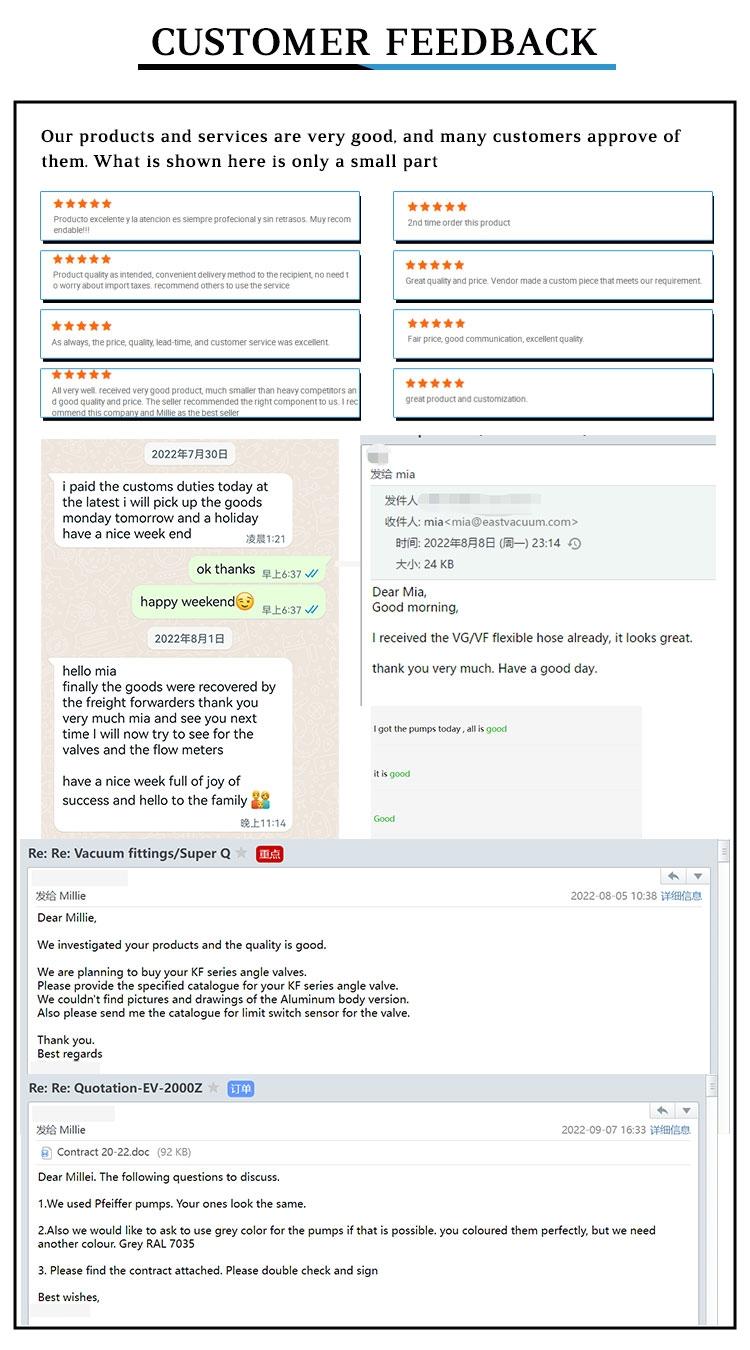
Product detail pictures:
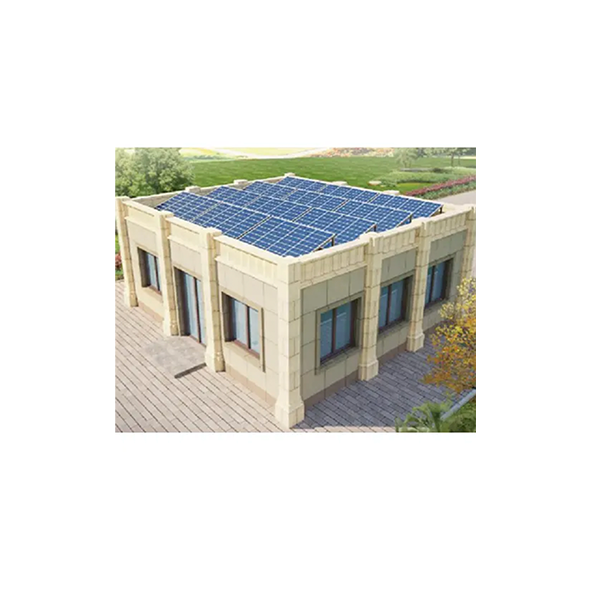
Related Product Guide:
Uhv - Ultra low energy building – Super Q , The product will supply to all over the world, such as: , , ,

